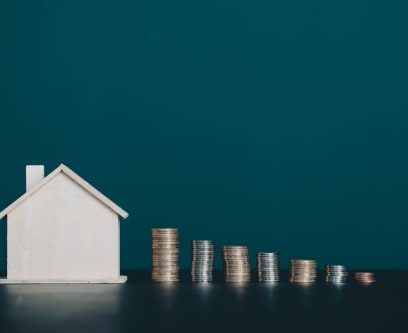A mortgage default in Canada occurs when a homeowner fails to make the required payments on their mortgage for a period of time. This can result in the homeowner losing the property to foreclosure.
Mortgage default is a serious situation that can have long-term financial impacts on the homeowner. It can also affect the homeowner’s credit rating, making it difficult to obtain future borrowing.
In Canada, it is important to understand the terms of a mortgage before signing the agreement. This will help to ensure that the homeowner knows exactly what they are signing up for, and that they can make their payments on time.
When a homeowner defaults on their mortgage, the lender can take steps to collect the money that is owed. This can include the lender taking legal action to seize the property and sell it to recoup the money owed. It is important to note that this process can take several months, and may even require the homeowner to pay fees for the foreclosure process.
In some cases, the lender may be willing to work with the homeowner to restructure the mortgage and provide a payment plan that works for both parties. This may include reducing the monthly payments or extending the payment term.
It is important for homeowners facing mortgage default to seek advice from a qualified financial advisor or lawyer. They can provide guidance on the best course of action to take and help the homeowner understand their rights and responsibilities.
Mortgage default is a serious situation that can have long-term financial impacts on the homeowner. It is important to understand the terms of a mortgage before signing any agreement, and to seek help if you are ever in a situation where you are unable to make your payments.


